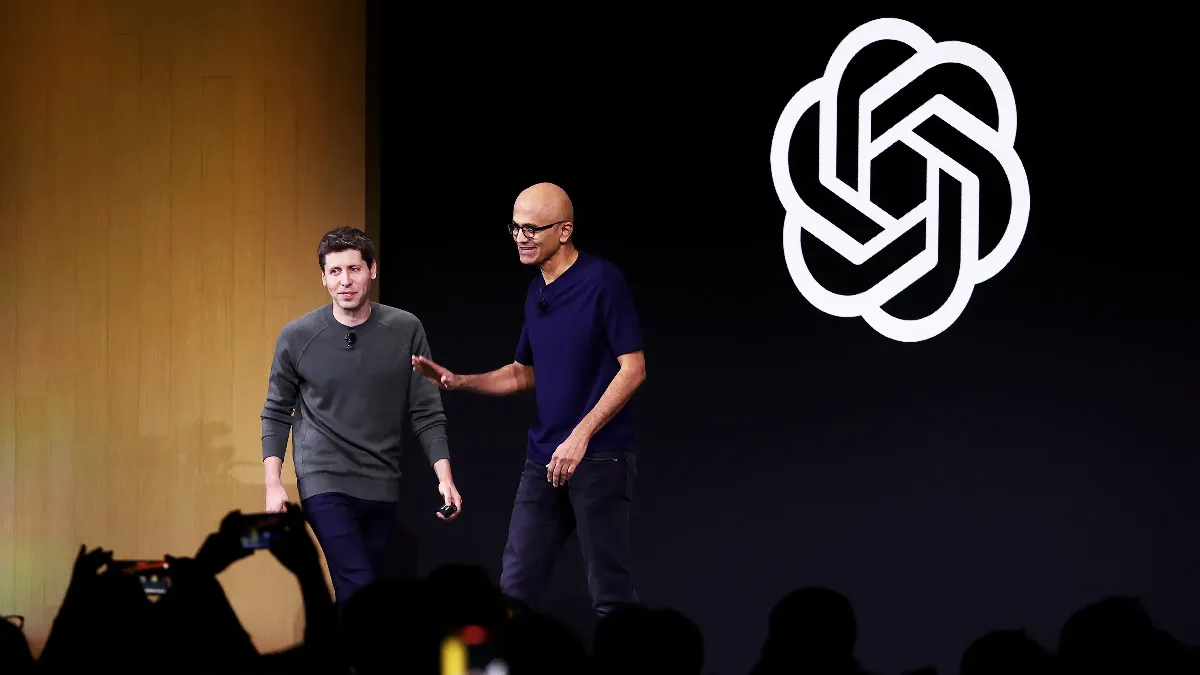
OpenAI
OpenAI is an artificial intelligence research organization founded in December 2015 by Elon Musk, Sam Altman, Greg Brockman, Ilya Sutskever, John Schulman, and Wojciech Zaremba. The organization was established with the goal of advancing digital intelligence in a way that benefits humanity as a whole. OpenAI was initially formed as a non-profit organization, but in 2019, it transitioned to a "capped-profit" model, allowing investors to receive returns while ensuring that most profits go toward fulfilling its long-term mission.
OpenAI has developed some of the most influential AI technologies and models in the field. One of its earliest projects, OpenAI Gym, provides a platform for developing and comparing reinforcement learning algorithms. OpenAI also created the Dota 2 AI system that competed against professional human players, marking a significant milestone in game-playing AI.
In 2018, OpenAI released the first version of its Generative Pre-trained Transformer (GPT) model, which achieved state-of-the-art results in natural language processing tasks. Subsequent versions of the model, including GPT-2 in 2019 and GPT-3 in 2020, further expanded the capabilities of language generation and comprehension. GPT-3, in particular, gained widespread attention for its ability to generate human-like text based on a few input prompts, making it one of the largest language models ever created at the time of its release.
OpenAI’s research extends beyond language models. It has also worked on robotics, computer vision, and reinforcement learning. In 2020, the organization introduced OpenAI Codex, an AI system that translates natural language into code. This technology was incorporated into GitHub Copilot, a tool designed to assist software developers by generating code suggestions.
OpenAI has received substantial investments and partnerships. In 2019, Microsoft invested $1 billion into the organization, forming a partnership to develop AI supercomputing technologies on Microsoft's Azure cloud platform. Microsoft later integrated OpenAI's language models into its products, including the Azure OpenAI Service, making these models available to businesses and developers.
OpenAI's research and developments have sparked debates about the ethical implications of advanced AI, and the organization has advocated for careful oversight and regulation of AI technologies. It has also emphasized its commitment to ensuring that artificial general intelligence (AGI) is developed in a safe and beneficial manner.
Stichworte







